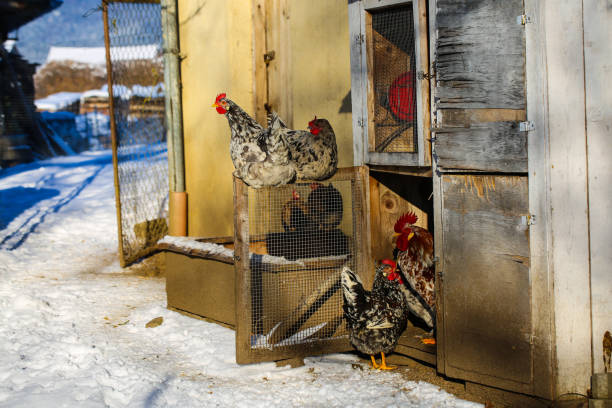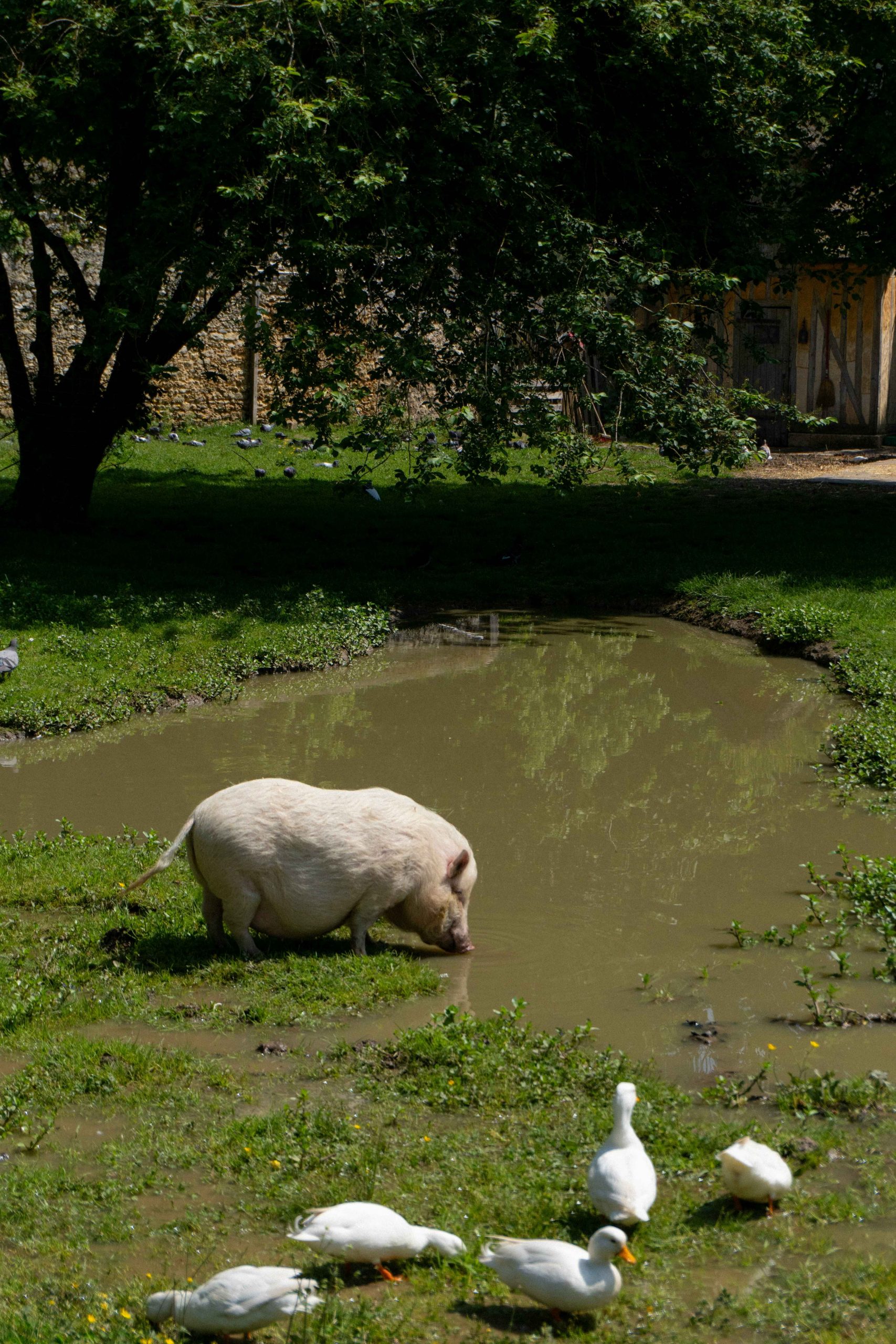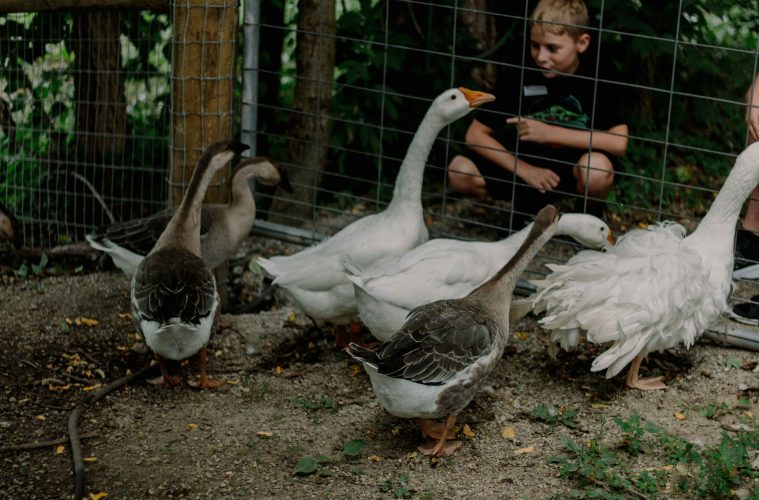From freezing temperatures to milder, wetter winters, cold weather can pose a variety of risks to most of your outdoor animals. As how climate continues to change, it brings with it unpredictable conditions that might affect the way animals survive.
When you are raising livestock in your yard, such as pigs, chickens or even ducks. You will notice that they come close together and huddle up. This huddling up helps insulate them.
How can you manage your livestock?
The key is to be vigilant, as most livestock can suffer from hypothermia. Keep them well insulated in their shelters. Most domesticated animals expend additional energy during cold weather to maintain their warmth. They will move more and increase their metabolic rate.
This means they will need additional food. Providing extra food is essential to keep them going. Food scarcity is a huge problem during winter. It is important to ensure water supplies are available during winter. Hydration remains essential even in the cold season.
Ways to ensure they thrive
Maintain shelters
Sheltered animals have a higher chance of survival during harsh winter conditions. Make sure all roofs are leak-free. For your hen houses, be sure the doors are closed properly to avoid cold air seeping in. Dry bedding is essential to keep your chicken and ducks wet-free. Regular cleaning, maybe once a week, removes damp bedding. It is crucial to prepare before cold weather hits. Having a warm, dry indoor space, ready, and if needed, to help maintain their survival.

Image Credit: Unsplash
Preventative measures
Keeping animals healthy and up to date with their vaccines is one of the forms of defence against the cold. Winter and harsh conditions are contributing factors to the prevalence of pneumonia in animals. Vaccinating your pigs, chickens, and even rabbits can help prevent the spread of many illnesses.
Provide food and plenty of water.
Domesticated animals will survive for some time without food. They will show signs of dehydration if left for longer than 24 hours without water. Freezing temperatures can cause water to freeze overnight. This is why daily water checks are important.

Image Credit: Pexels
The provision of food, water and shelter will minimise the impact of cold-weather spells on your animal’s health and well-being.
ALSO SEE: ESSENTIAL GROWTH AND CARE FOR AFRICAN VIOLETS
Feature Image: Unsplash

